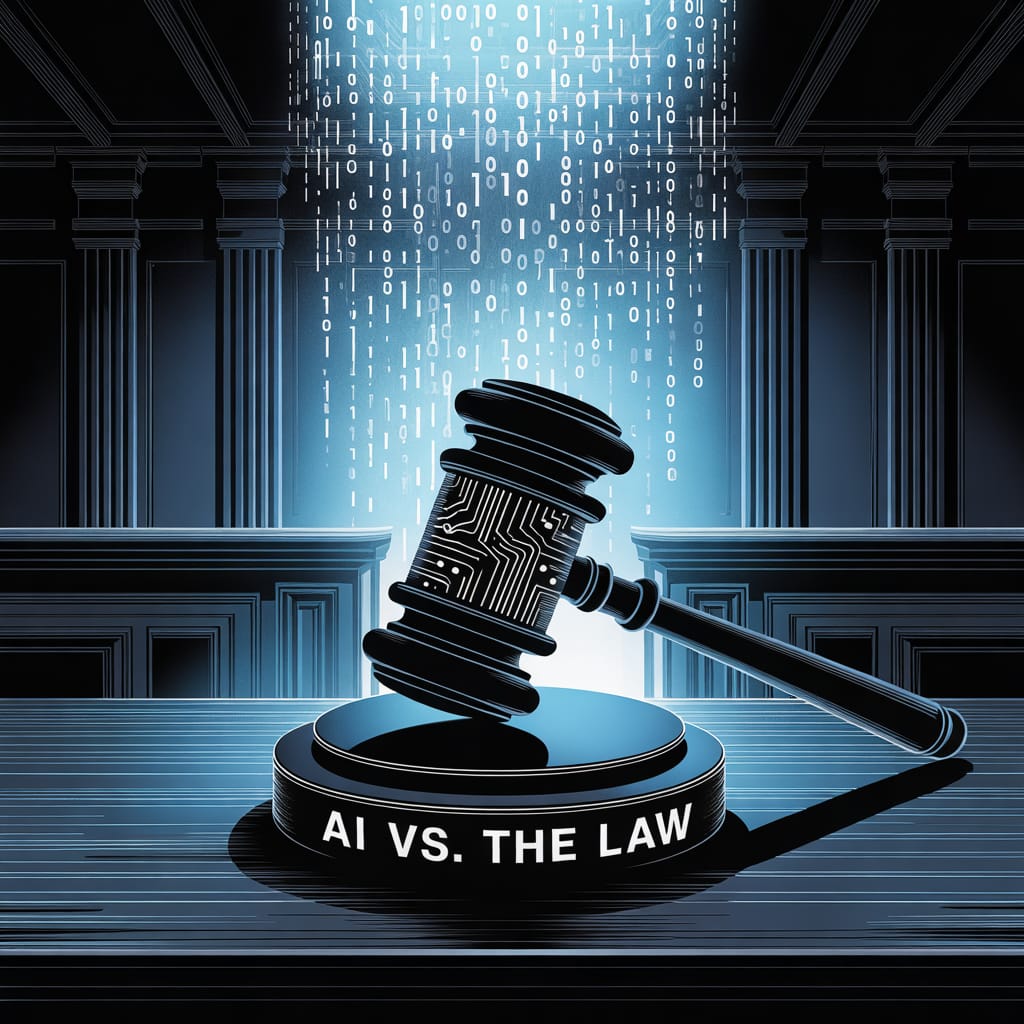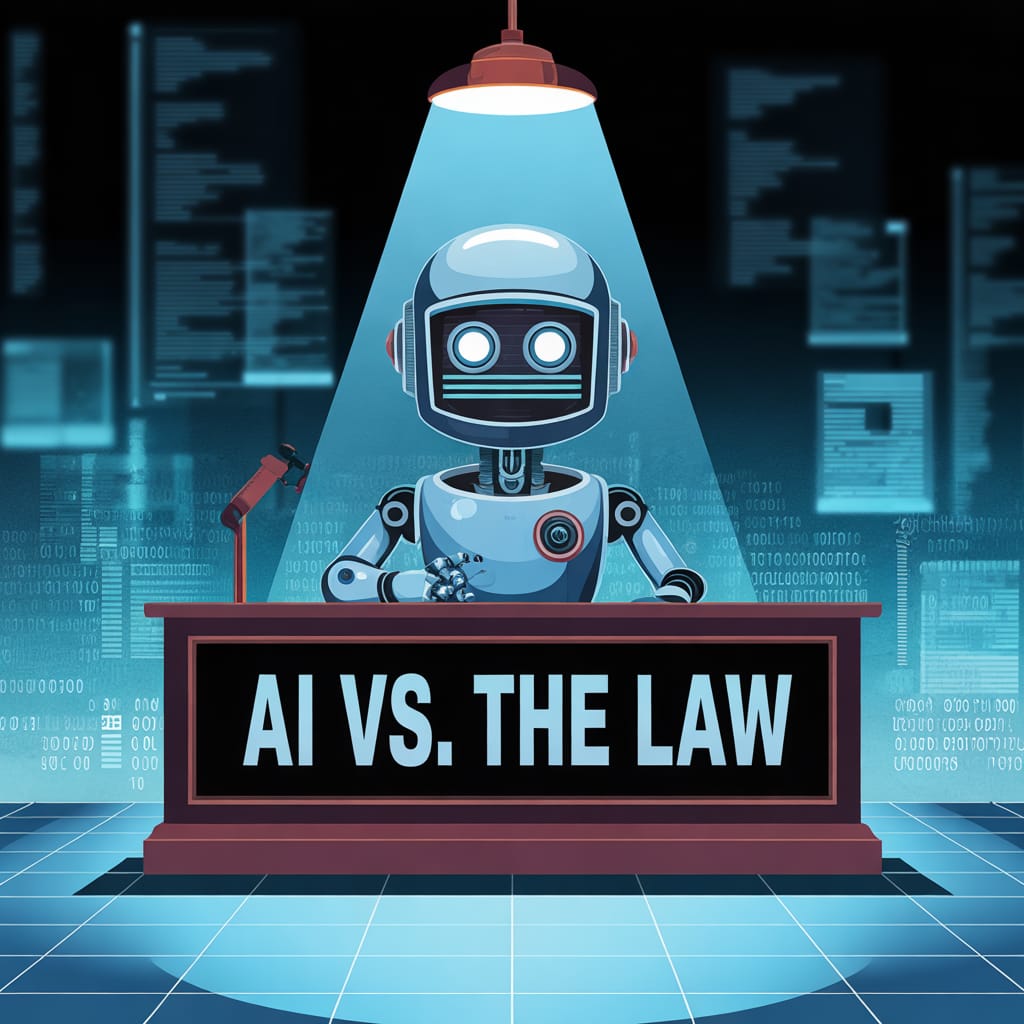Questions for law and justice in AI and resumed answer to those questions
Here are some questions related to law and justice in AI that could be worth exploring and some brief responses to the questions related to law and justice in AI
How can we ensure that AI systems are designed and used in a way that promotes fairness, justice, and equality?
To promote fairness, justice, and equality, AI systems must be designed and used with consideration of potential biases, with input from diverse stakeholders, and in adherence to ethical principles and legal frameworks.
What legal and ethical frameworks should be in place to govern the development and deployment of AI in legal contexts, such as criminal justice or dispute resolution?
Legal and ethical frameworks for AI in legal contexts should balance the potential benefits of AI with potential risks and harm, ensuring transparency, accountability, and the protection of individual rights.
What are the potential biases and limitations of AI in decision-making processes, and how can these be addressed to ensure fairness and equity?
Potential biases and limitations of AI in decision-making must be addressed through careful design, regular evaluation, and human oversight to ensure fairness and equity.
How can we balance the benefits of AI in legal contexts, such as increased efficiency and accuracy, with the potential risks of algorithmic bias and error?
Balancing benefits and risks of AI in legal contexts requires a multidisciplinary approach and ongoing evaluation of how AI is being used and its impact on individuals and society.
What role should human judgment play in the decision-making processes of AI systems, particularly in cases where legal or ethical considerations are at stake?
Human judgment should play a critical role in the decision-making processes of AI systems, particularly in cases where legal or ethical considerations are at stake, to ensure accountability and transparency.
How can AI be used to improve access to justice for underserved or marginalized communities, such as through the development of legal chatbots or other AI-enabled tools?
AI can improve access to justice through the development of legal chatbots, AI-enabled tools, and other technology that makes legal information and services more accessible to underserved communities.
What are the potential risks and benefits of using AI in criminal justice contexts, such as predicting recidivism or determining the severity of a sentence?
Using AI in criminal justice contexts has the potential to improve efficiency and accuracy, but there are significant risks around algorithmic bias and error, and questions about the ethical implications of using technology to make life-altering decisions.
How can AI be used to improve the transparency and accountability of legal processes, particularly in cases where decisions may have significant impact on individuals or communities?
AI can be used to improve the transparency and accountability of legal processes, through the use of explainable AI and other tools that help individuals understand how decisions are being made.
What are the ethical considerations around using AI for surveillance or other law enforcement purposes, and how can we ensure that these technologies do not violate individual rights and freedoms?
The use of AI for surveillance or other law enforcement purposes raises significant ethical considerations around privacy, individual rights, and potential harm, and requires careful consideration and oversight to ensure adherence to legal and ethical principles.
How can we ensure that the use of AI in legal contexts aligns with fundamental principles of human rights, dignity, and justice, and that it serves the public good rather than perpetuating existing inequalities or power imbalances?
Ensuring that AI in legal contexts aligns with fundamental principles of human rights, dignity, and justice requires ongoing evaluation, stakeholder input, and a commitment to ethical and legal frameworks that protect individuals and society.
These are just a few of the many questions that could be explored in the context of law and justice in AI, and there are likely to be many other important considerations that arise as this technology continues to evolve and shape our legal systems.
In short
In summary, the questions related to law and justice in AI raise important considerations about the potential risks and benefits of using AI in legal contexts. To ensure fairness, justice, and equality, AI systems must be designed and used with consideration of potential biases, in adherence to ethical principles and legal frameworks, and with input from diverse stakeholders. Ongoing evaluation, human oversight, and multidisciplinary approaches are necessary to ensure that AI is being used in ways that align with fundamental principles of human rights, dignity, and justice. The potential benefits of AI in legal contexts, such as improved access to justice and increased efficiency and accuracy, must be balanced with potential risks and harm, including algorithmic bias and error, and questions about the ethical implications of using technology to make life-altering decisions.
Keywords
Some keywords that are relevant to the questions on law and justice in AI include:
AI, fairness, justice, equality, legal frameworks, ethical principles, biases, decision-making, human oversight, accountability, transparency, access to justice, criminal justice, surveillance, privacy, individual rights, and human dignity.

Shop Corner
AI and Justice on Amazon
Thank you for questions, shares and comments!
Share your thoughts or questions in the comments below!
Source OpenAI’s GPT language models, Fleeky, MIB, & Picsart






